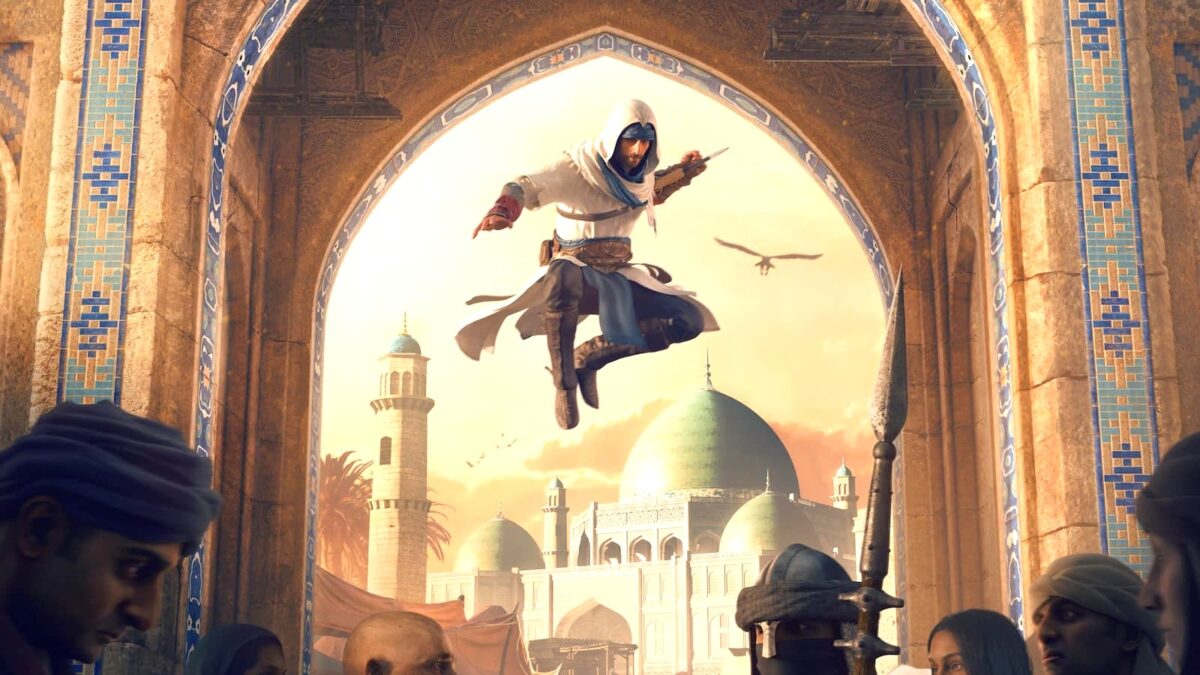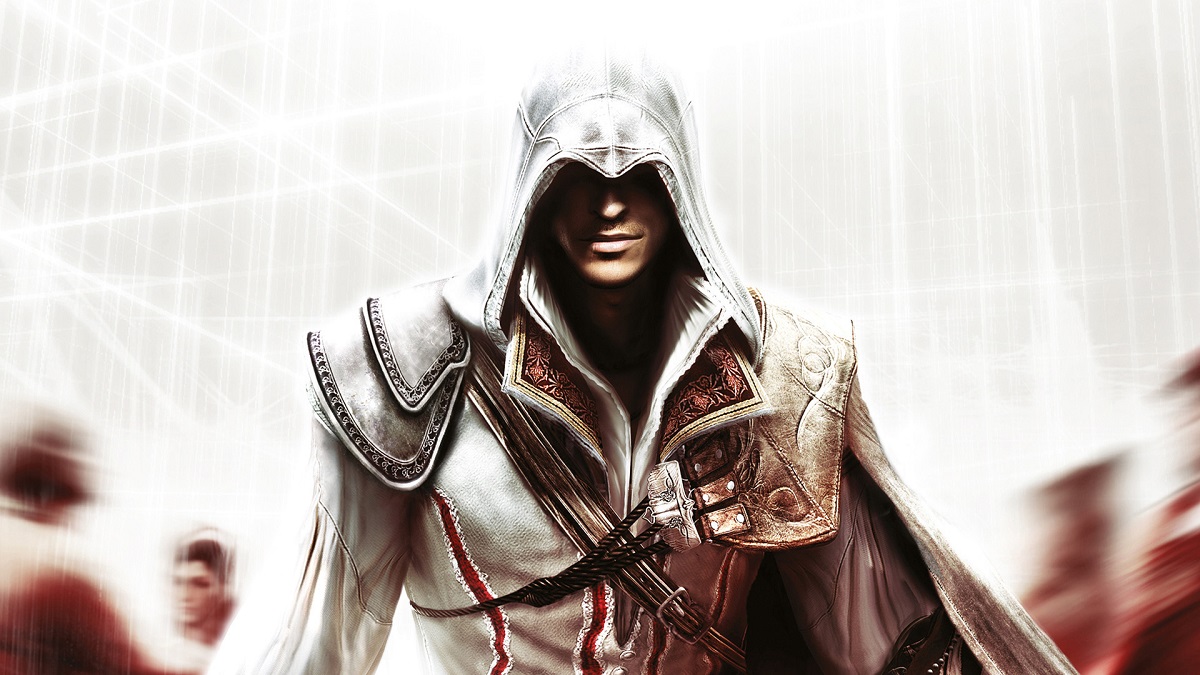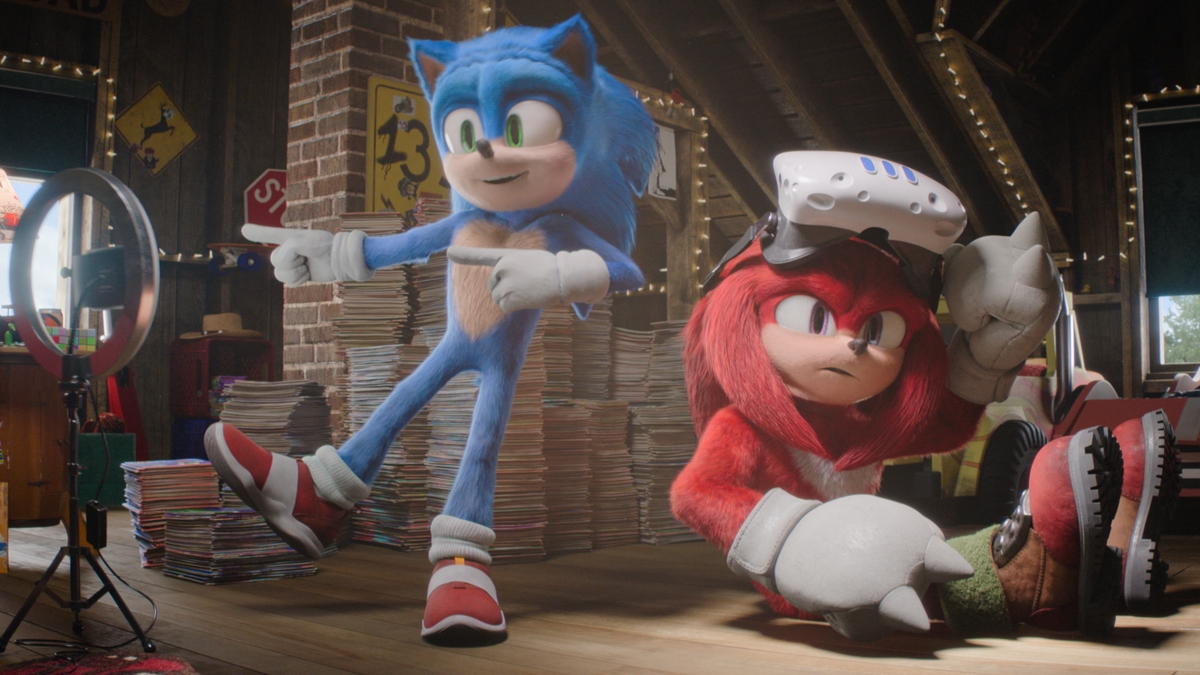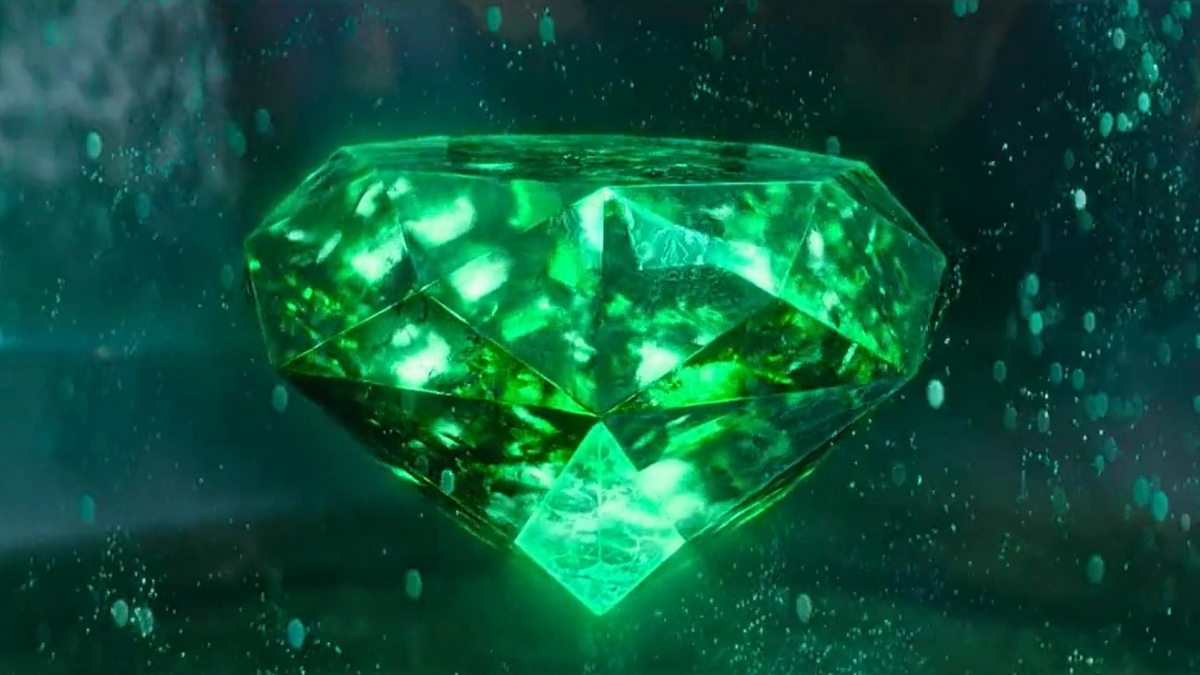Taking cues from third-person action-adventure titles that came before it, and filling the gaps with Prince of Persia, Assassin’s Creed launched to widespread acclaim in 2007.
A huge leap in visual fidelity, technical elements, and a heavy reliance on the appeal of historical settings turned Assassin’s Creed into an instant hit. Even the story was fairly decent, combining gameplay — complete with slick stealth mechanics and fluid combat — with a realistic open-world environment (at least realistic relative to the standards of the time), all of which quickly led Assassin’s Creed fans to clamor for a sequel.
Assassin’s Creed II improved on every aspect of the original, and quickly overtook it in terms of commercial performance. The second game no longer had to rely on word of mouth or media hype to turn a profit, and from there, as they say, the rest was history. Quite literally, in the case of this historical action-adventure franchise, which centers around a secret warrior society fighting for liberty and justice across the breadth of civilization.
Now, with 12 main entries already out, several more in development, and a handful of spinoffs besides, Assassin’s Creed is one of the biggest franchises in gaming history. In this article, we aim to make an attempt to rank the best games in the leading roster from worst to best, so you’ll know which games to avoid — or at least put in the low-priority pool — if you ever wish to give the lengthy series a go.
12. Assassin’s Creed: Odyssey
If Ubisoft released this game under just the name Odyssey, no one would realize they were playing an Assassin’s Creed title. That’s perhaps all you need to know to understand why the franchise’s run-in with ancient Greece finds itself at the bottom of this list. Odyssey also serves as the perfect example of the dull, generic open-world settings that plague the gaming industry at the moment. Despite boasting one of the largest maps in the series, the gameplay becomes exhaustingly repetitive after just a few hours.
When the game doesn’t try too hard to bog you down with meaningless tasks just spewed over the map at random, it can be quite enjoyable. Then again, that takes us back to the first point, which is that you aren’t really playing an Assassin’s Creed game.
11. Assassin’s Creed: Syndicate
Voyaging into industrial London would’ve excited us under different circumstances, but Syndicate simply can’t decide between being an Assassin’s Creed experience or a weird mashup of everything that made Peaky Blinders popular. Still, you might find the option of playing as both Evie and Jacob Frye, each with their own unique skillset, exciting. Just don’t go in expecting a revolutionary leap in technical terms.
10. Assassin’s Creed: Origins
This is the entry that changed Assassin’s Creed forever. Taking inspiration from the success of RPG games like The Witcher, Ubisoft opted to offer a similarly expansive level of choice to its loyal Assassin’s Creed fanbase. All things considered, the result is a fairly decent action-adventure set in Egypt. The main character is still an assassin — though he doesn’t quite go by that title — and Origins visually hearkens back to the first Assassin’s Creed game. With this in mind, many players may find the nostalgia of revisiting the northeast Africa and Middle-east region a compelling enough reason to experience Origins.
9. Assassin’s Creed: Rogue
Rogue takes what Assassin’s Creed III experimented with via Haytham Kenway and turns it into a proper Assassin’s Creed game. Players enjoy the game as Shay Patrick Cormac, a former assassin disillusioned with the creed and on a quest for vengeance. This means that, even though you retain the skills of an assassin, players spend the majority of the game in league with the Templars. If that isn’t enough to shake things up for diehard Assassin’s Creed fans, we don’t know what is.
8. Assassin’s Creed: Valhalla
Valhalla is the latest main installment in the Assassin’s Creed franchise. It’s also the entry where Ubisoft thought: Why stop at The Witcher 3 when the new God of War games are also the talk of the town? Valhalla gives Assassin’s Creed fans the chance to live out all their Viking fantasies. Gameplay-wise, it’s still a continuation of the structure laid down by Origins and Odyssey, but its one redeeming quality is that it actually introduces a proper assassin to teach players the ways of the Order.
In case you want to delve into a proper mythological experience with Valhalla, Ubisoft has you covered with the Dawn of Ragnarok DLC, taking players to the Dwarven realm of Svartalfheim and giving them the opportunity to play as Odin the All-Father.
7. Assassin’s Creed: Unity
Unity is one of the most underrated games in the Assassin’s Creed franchise. It introduced a lot of innovative mechanics and revamped the combat system in a way that not only honored the past, but also introduced a new, genuine challenge. It’s an absolute technological achievement, all the bugs and performance issues notwithstanding. The story isn’t memorable by any means, and you’ve probably forgotten most of the characters if you played this game when it first came out in 2014, but Unity still boasts the smoothest Assassin’s Creed experience in terms of parkour and combat.
The graphics are also spectacular to behold — even after more than eight years — and if it weren’t for the technical disasters casting its premiere in an extremely unfavorable light, Unity could’ve taken the franchise down a different path than the one it finds itself on now.
6. Assassin’s Creed IV: Black Flag
This is technically more of an open-world pirate adventure than an Assassin’s Creed game, but you can’t deny that Kenway has everything it takes to call himself a member of the Order. Black Flag is a masterclass in world building, taking players to the Caribbean region and truly bringing it to life with spectacular aesthetics and a grand gameplay design, transforming everything great about Assassin’s Creed III and reworking it around the Golden Age of Piracy.
Given all the regions you can explore and everything you can do in Black Flag, the game probably has the best world design out of all 12 installments. Black Flag is Pirates of the Caribbean meets Assassin’s Creed, so don’t hesitate to get into it if you’re a fan of the pirate genre.
5. Assassin’s Creed III
The previous three sequels did a lot to improve the franchise in technical terms, but it wasn’t until the release of Assassin’s Creed III and the introduction of Ubisoft’s AnviNext game engine that the developers properly brought their open-world environment to life.
Assassin’s Creed III was marketed as the next step in the franchise, boasting huge crowds in massive city and countryside environments that spanned dozens of kilometers. The title is set during the Revolutionary War, so you can also expect to play through a number of great historical battles as you war against the Templars. This is the final installment to feature Desmond Miles as the modern-day protagonist, so in more ways than one, Assassin’s Creed III served as the final chapter of the franchise’s first act. Some would even argue its the most important, with all the follow-ups coming off as nothing but serviceable in the aftermath of the glorious Assassin’s Creed reign.
4. Assassin’s Creed
The Assassin’s Creed game that launched a franchise is one of the most iconic games in the industry. The 2007 action-adventure title was far ahead of its time in technical terms, so of course it dazzled nearly everyone, despite its flaws. Contemporary Assassin’s Creed players likely can’t overly enjoy the first game, due to the many limitations in mechanics, it still remains a nostalgic piece of gaming history.
3. Assassin’s Creed II
Thus we enter the Ezio Auditore trilogy of Assassin’s Creed games, which are still the highlight of the franchise and some of the most impactful titles in the history of gaming. It all started with Assassin’s Creed II, which took us to Florence and introduced fans to the Auditore family. Ezio is a young irresponsible playboy who gets swept into his family’s secret world. After learning that his father and brother are members of the Assassin Order, Ezio goes on a Hero’s Journey that teaches him much about the life he was originally hell-bent on avoiding.
Assassin’s Creed II might feel a little outdated by today’s standards, but the game stands the test of time with its impeccable level design.
2. Assassin’s Creed: Brotherhood
It’s no wonder that Brotherhood is one of the most acclaimed games in the franchise, because it follows Assassin’s Creed II and improves on every aspect of that game. Ezio continues his quest against the Templars in Italy, allowing players to explore Rome in all its grandeur.
As its title suggests, Brotherhood is all about undermining that lone wolf mentality and giving Ezio a chance to fight side by side with the rest of his Order. You train assassins, customize them, and bring them to bear against the Borgia’s iron fist. This was among the pinnacles of Assassin’s Creed titles, but alas, Ubisoft failed to understand the assignment in future entries.
1. Assassin’s Creed: Revelations
Revelations is the final chapter in Ezio’s trilogy and brings back the protagonist as an old man in search of truth. The game also resurrects Altair, the first game’s protagonist, for a number of flashback sequences. This provides players with two experienced assassins uncovering the truth of their world in a climactic act that brings everything together after four installments. Could Revelations have been placed any better to succeed? We think not.
The game is an emotional journey that will tug at your heartstrings from start to finish, and that sense of narrative potency, combined with the usual gameplay appeal, turns it into the best Assassin’s Creed experience across the franchise’s long run. At least, in so far as our subjective opinion reckons it.
What’s next for the franchise?

Ubisoft recently announced a bunch of Assassin’s Creed games, proving they really believe more somehow equals better. The first game in this line-up is Assassin’s Creed: Mirage, which is supposed to take the franchise to its roots by focusing on stealth mechanics and leaning away from the irreconcilable RPG setup.
Mirage is coming out in 2023, while Assassin’s Creed: Red and Assassin’s Creed: Hexe form part of Infinity. According to the producers, Infinity is basically a new “design philosophy” for the series and a hub that serves as its connecting point. What that really means is still ambiguous, but the fandom remains cautiously optimistic about the franchise’s future prospects.






